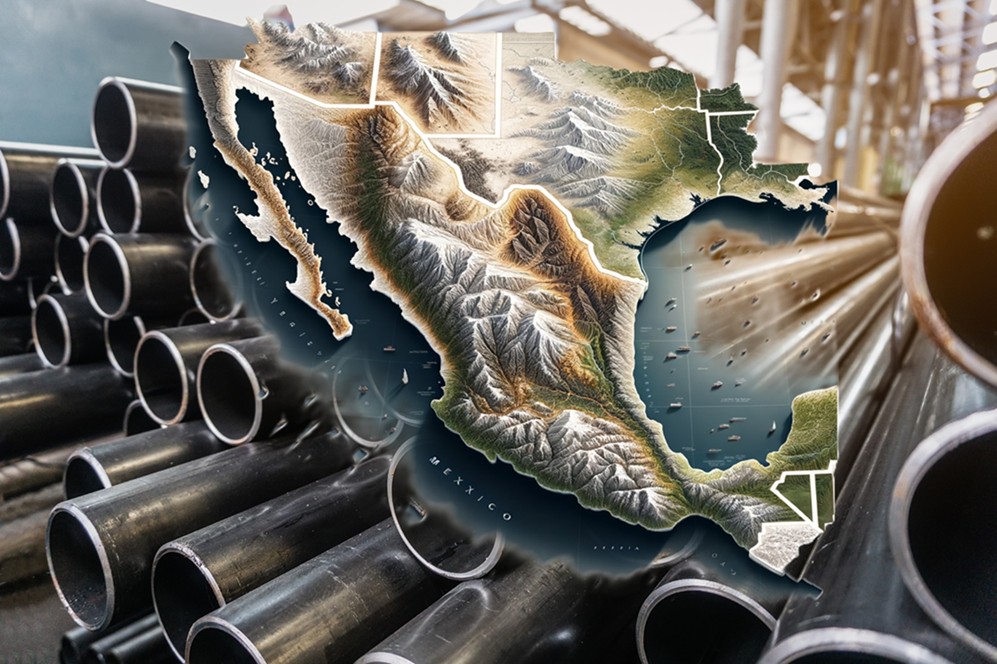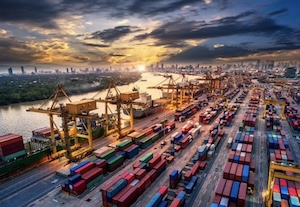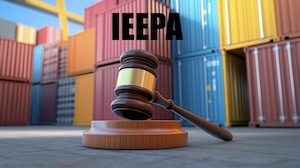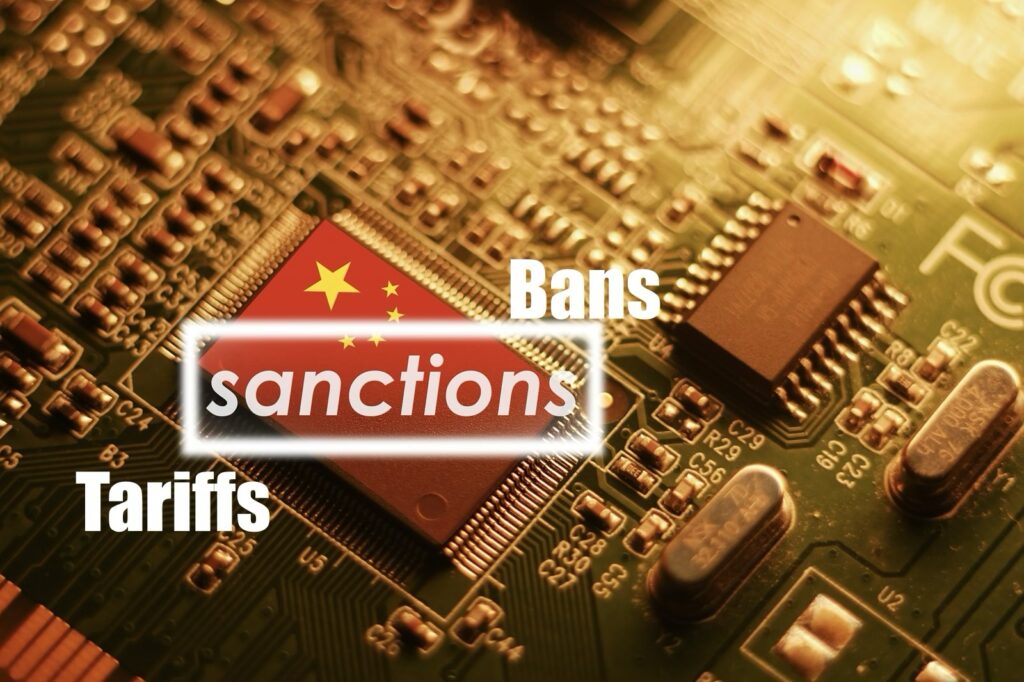Importing Steel into Mexico A Pillar of Compliance for Suppliers Trading with Mexico

The steel trade with Mexico is particularly strategic at this moment. Companies are shifting supply chains to North America, and Mexico which has been an attractive manufacturing hub for various industries, such as automotive, aerospace, construction, electronics, household appliances, and more. This trend is driving strong demand for imported steel while simultaneously creating new export opportunities for Mexican producers. Much of this advantage stems from the USMCA, because steel originating within the USCMA region can qualify for preferential tariff treatment when traded within the United States and Canada, provided that the applicable rules of origin are fully met.
China’s Global Port Investments – It’s About Control and the Reshaping of Trade Flows

China owns outright or has majority control in 17 overseas ports globally, according to recent estimates. However, its broader footprint is much larger with 129 port projects worldwide that involve Chinese investment, construction, or operational control. 115 of these are active, spanning every continent except Antarctica, which is next.
Rare Earth Minerals-Part 2 – Enter Greenland’s Global Significance

It’s been more than a little concerning to the Trump Administration as these deposits have everything to do with international security as they are needed in the production of the very high-end microchips. So, now that it has been discovered that Greenland apparently has one of the largest deposits on the planet, Trump has stated that we will have Greenland, one way or another. While he hasn’t explicitly committed to military action, he’s made it clear that he won’t rule it out.
Preserving Refund Rights for IEEPA-Based Tariffs

Importers who have paid tariffs imposed under the International Emergency Economic Powers Act (IEEPA) should take immediate steps to preserve their eligibility for potential refunds. Multiple lawsuits are currently challenging the legality of these tariffs, and the Supreme Court is set to decide the issue in November. If the Court ultimately invalidates the tariffs, importers may be entitled to recover duties paid. However, securing refunds depends on preserving jurisdictional options—especially given the uncertainty about whether these tariffs constitute a protestable decision under customs law. There are three potential refund mechanisms at play.
Unconstitutionality of IEEPA Tariffs Upheld – Supreme Court to Review

On May 28, 2025, a three-judge panel at the Court of International Trade (CIT) ruled in two cases (VOS Selections, Inc. v. Trump and the State of Oregon v. Trump) that the Presidential actions taken under the International Emergency Economic Powers Act (IEEPA) (50 U.S.C. §§ 1701–1707) to impose tariffs on Canada, Mexico and China for illegal immigration and fentanyl smuggling are unconstitutional. The CIT said that the tariff actions did not directly address the declared emergency and were not delegated by Congress to the Executive Branch and therefore exceed the President’s tariff setting authority under the Constitution.
The End of De Minimis Section 321 Clearances

Prior to August 29 of this year, 19 USC 321 – popularly known as a Section or de minimis clearance – allowed imported shipments valued at less than $800 to enter the US free of duty and entry requirements. The idea behind this was (1) the cost of processing an entry and duty payment would be more than the duty collected, and (2) setting the threshold at this level would promote eCommerce. It would also allow US Customs & Border Protection (CBP) to use its resources more effectively.
Hot Topics in International Trade Tariff Mitigation Strategies-Looking for Ideas

Looking for some ideas on how to mitigate tariffs? Have a few dragons in your supply chain? Need some assistance in planning a strategy? The trade seas probably won’t be calm anytime soon. And uncertainty has of course become the business norm. If you are seeking counsel, and not counselling, Then you may wish to chat with us in a 30-minute consultation to see if we can be of assistance. Just go to the websites and hit the Submit Your Project button.
Sanctions, Bans, and Tariffs How The U.S. is Fueling Chinese Innovation

Just look at the current landscape of how China has been innovating through various trade related sanctions, bans, and tariffs. Necessity has always been the mother of invention, and in the case of China and the never-ending western pressure it has also been the catalyst in many cases for that which ultimately drives them to create and overcome.
Deep Thoughts with Bob Brewer VP Marketing at Braumiller Law Group

Bob Brewer VP Marketing at Braumiller Law Group shares his thoughts on his recent articles on international trade, including China.
Olivia Van Pelt, Law Clerk, SMU Student

VP of Marketing Bob Brewer sits down with Braumiller Law Group’s Law Clerk Olivia Van Pelt for a formal introduction
